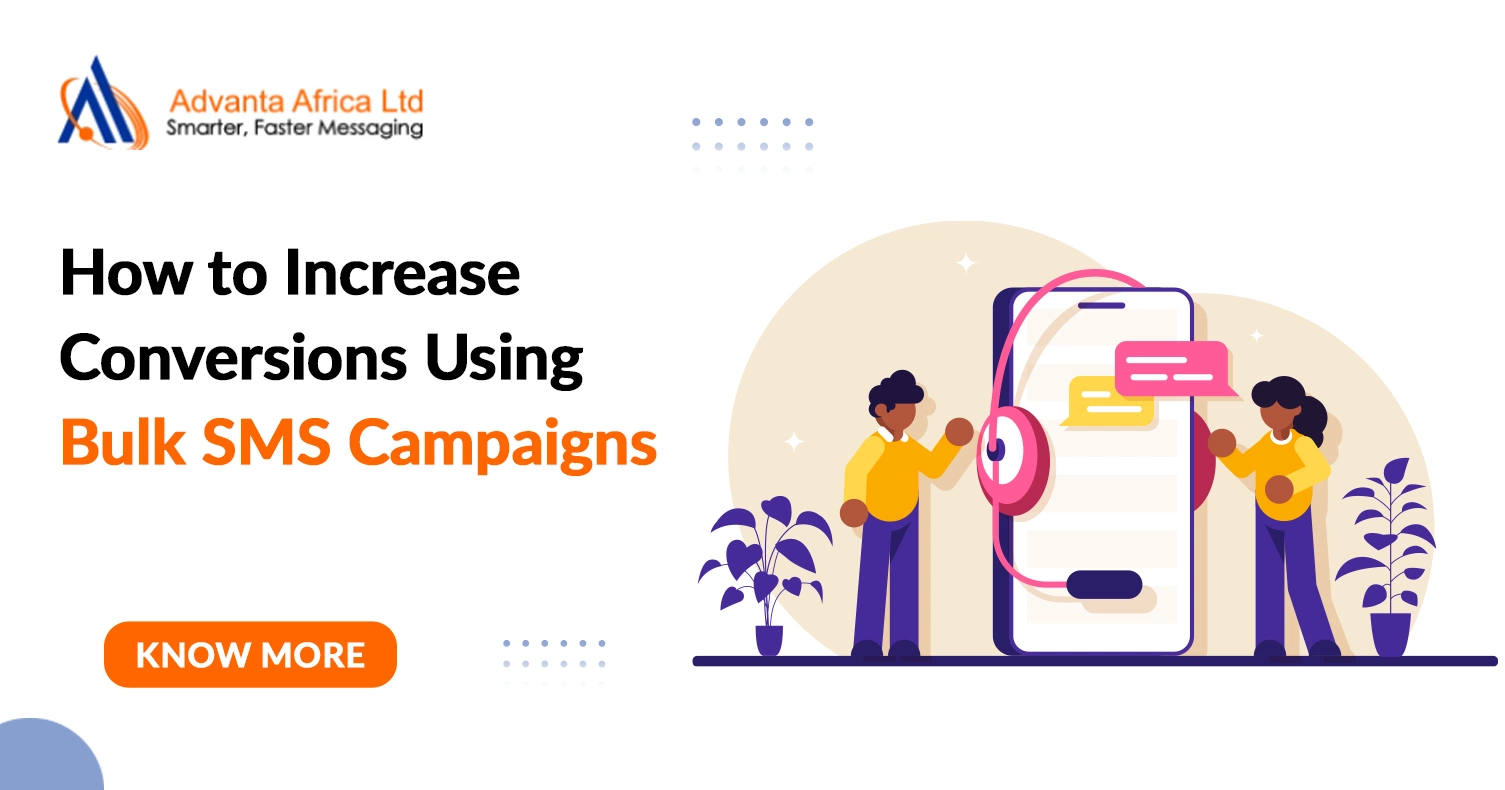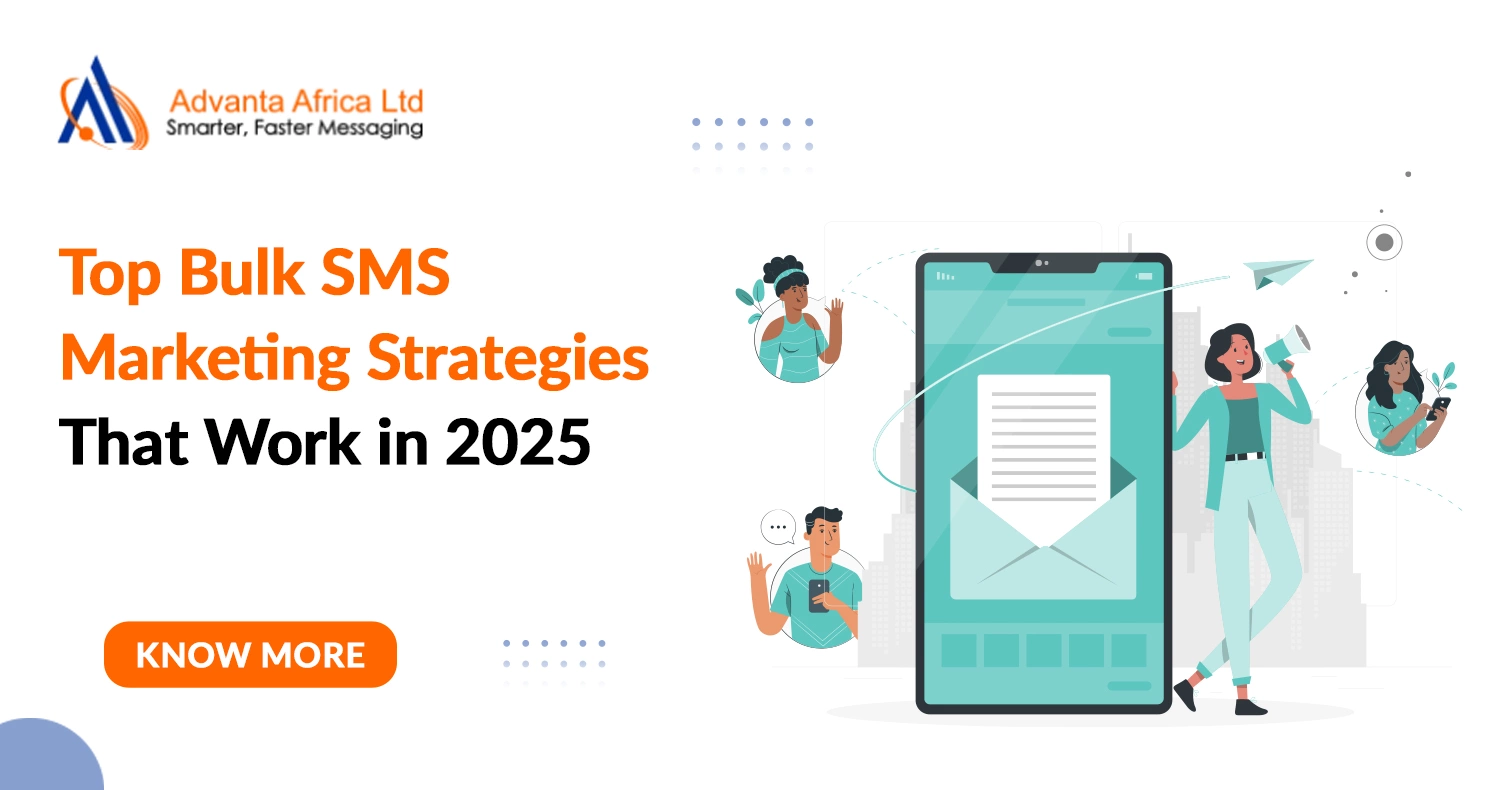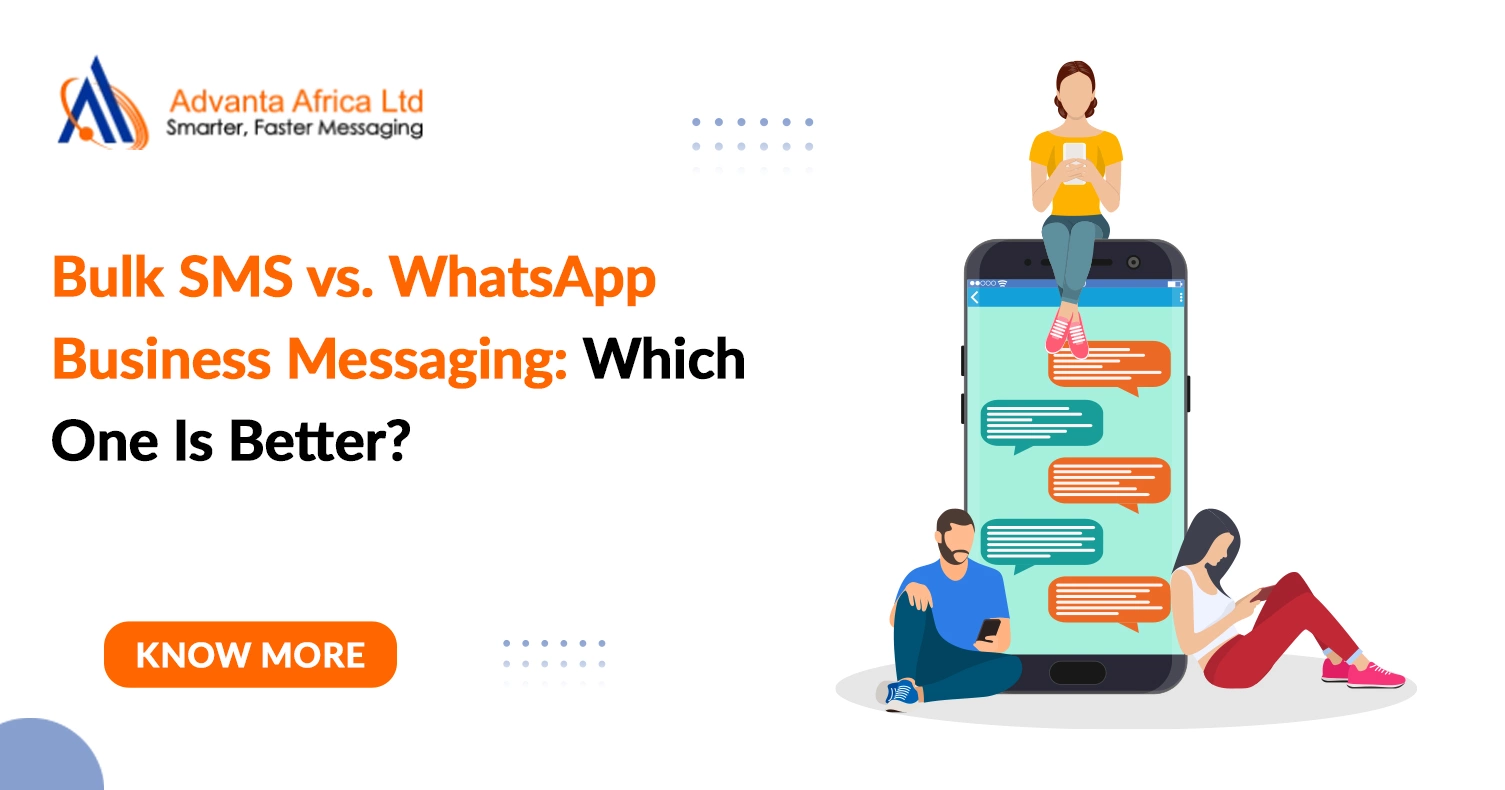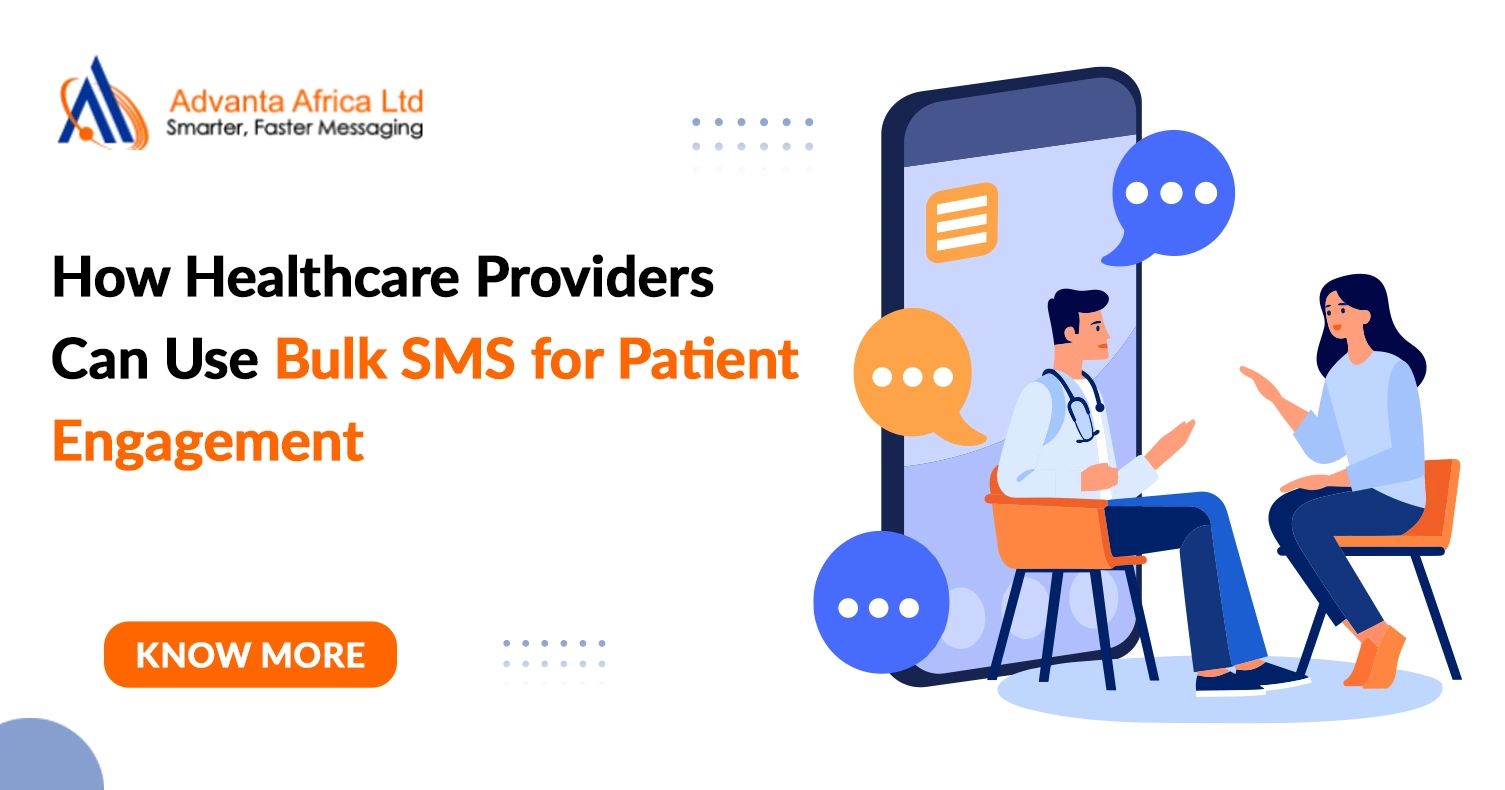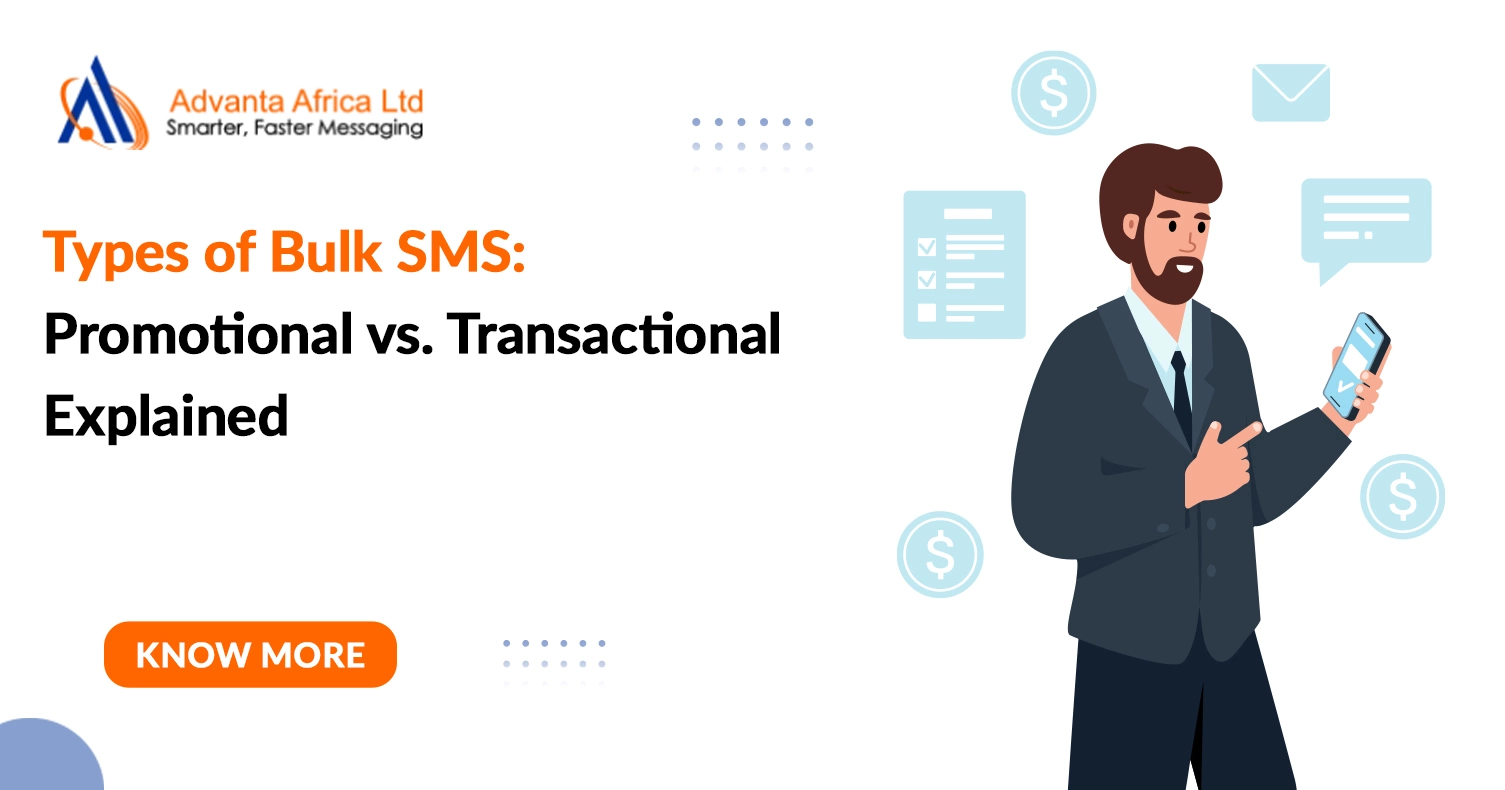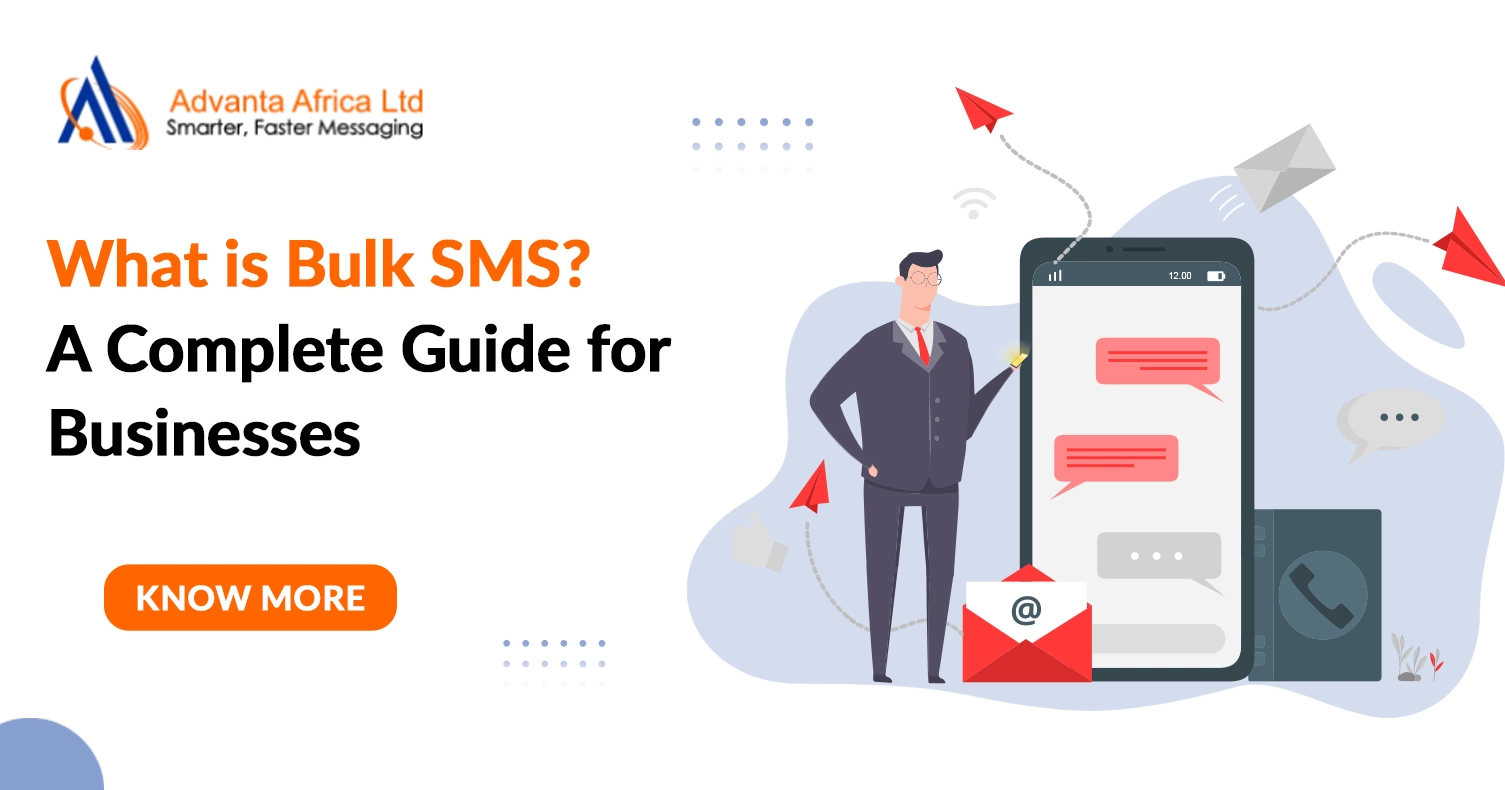
What is Bulk SMS? A Complete Guide for Businesses
Bulk SMS is actually sending multiple text messages to various people simultaneously. This is the service that businesses and organizations use to pass messages to their customers, employees, and other stakeholders. In contrast to the 'one by one sending' of the messages by a traditional text message, bulk SMS can now send many text messages simultaneously by using specialized platforms or SMS gateways.
Bulk SMS can be categorized into two main types:
Transactional SMS: Transactional SMS will update customers on their transactions, such as OTPs, order confirmation, account status, etc.
Promotional SMS: Promotional SMS are the advertisements one gets in bulk regarding the products, services, discounts, or events.
Bulk SMS can be sent using many platforms ranging from web-based applications, APIs, to SMS software.
What makes Bulk SMS so effective?
Bulk SMS will still remain one of the strongest communications channels with its high opens, speed, and directness. Here are some other reasons that make Bulk SMS a good way to communicate:
High Open Rate: SMS boast an over 98 percent open rate while an average email gets only 20 percent.
Instant Delivery: Delivery happens in seconds, so it is an instant method of communication.
Wider Reach: The ubiquitous presence of mobile phones renders SMS as one of the most accessible forms of communication.
Personalization: There are businesses that personalize Bulk SMS with the names, location, or behavior of past purchases of the recipients.
No Internet Required: The service is highly reliable with no internet required, unlike messages in social media or emails.
Higher Engagement: SMS says it all, and hence, it is most likely read and replied promptly.
The Benefits of Bulk SMS
1. Cost-Effective Marketing: Cost-effective marketing is by using mass mail campaigns as compared to other traditional media like TV, print, or even digital advertisements.
2.Increased Customer Engagement: SMS messages that are personalized tend to create a strong emotional bond between businesses and their prospective customers, which ultimately equals effective engagement and conversions.
3. Automation and Scheduling: Automated bulk SMS functions allow for sending messages at a prescribed schedule without any further human supervision.
4.Easy Integration with Other Platforms: By its nature, bulk SMS services can be integrated with other channels such as CRM, e-commerce platforms, or even marketing automation tools to ensure a flawless flow of information.
5. Eco-Friendly and Paperless: Bulk SMS does not require any printing. Hence, it is a paperless solution, saving the trees and keeping the environment clear.
6. Enhanced Customer Support: Bulk messaging will enable automated support messages to be sent to clients, appointment reminders, and real-time updates.
Who is Using Bulk SMS and Why?
It is utilized by a considerable range of corporate and industrial sectors and also many reasons like:
Retail/E-Commerce- Sending Promotional Offers, Order Confirmation, Deliveries.
Banking And Finance- OTP Verification, Fraud Alerts, and Balance Update.
Healthcare- Appointment Notices and Prescription Notifications, Alerts on Emergency.
Education- Fee Notifications, Reminders, Event and Exam Schedules.
Travel And Hospitality- Ticket Confirmations, Hotel Booking Information, Flight Status Updates.
Real Estate- Property List Notice, Follow-up with Clients, Loan Approval Notifier.
Governments And NGOs- Awareness Campaigns, Emergency Alerts, and Updates for Citizens.
Media And Entertainment- Show Reminders, Alerts for Contests, and Subscription Notices.
What are the Rules and Regulations for Sending Bulk SMS?
To abide by compliance and to maintain ethical messaging, businesses that send bulk SMS messages are required to practice under certain parameters that include the following rules defining bulk messaging:
1. Consent and Opt-in Requirement: The sending of promotional SMS by companies shall only be permitted when it is clear that the consent of the users and customers is given and that they willingly subscribe to the receiving of messages.
2. DND Compliance: Many countries around the world allow users to apply for a Do-Not-Disturb (DND) registry through which they can prevent promotional messages being sent to them. Companies are recommended to ensure that they do not have outgoing SMS to the numbers of such lists.
3. Sender ID & Transparency: SMS sent should mention sender id whereby recipients are informed of who has sent the SMS. Deceptive or anonymous names are not optimal.
4. Unsubscribe Option: Every promotional SMS must provide the user, by any available means, the ability to opt out of receiving further messages, such as replying to the SMS with "STOP."
5. Timing Restrictions : Regulatory bodies forbid different regions from sending promotional SMS messages between 9 PM to 9 AM.
6. Content Restrictions: There should not be any false, fraudulent, or derogatory contents in the messages of bulk SMS. Promotional SMSs should comply with advertising and ethical codes.
7. Data Protection Compliance : Businesses must ensure they do not misuse customer data and should comply with data protection laws like GDPR, CCPA, or other local privacy regulations.
Conclusion
Bulk SMS is still very much alive for businesses trying to attract customers, communicate better, and upsurge sales. It continues to be favored by many industries due to its high open rates, cost-effectiveness, and ease of use. Authorities exist that organizations have to comply with to keep the confidence and comfort of the customer.
If you're looking to adopt bulk SMS into your marketing campaign, ensure you select a stable SMS gateway provider and craft messages that are creative, engaging, and relevant to your audience. If used just the right way, bulk SMS can be a breakthrough for your business growth.
For more information, visit: Advanta Africa empowers businesses with high-impact bulk SMS solutions - ensuring instant, reliable, and cost-effective communication with your customers across Kenya, Rwanda, Uganda, and Tanzania.



 More
More
